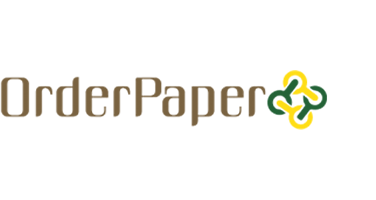OrderPaperToday – The House of Representatives has begun moves to loop ride hailing services, including Bolt and Uber, into the tax net of the country.
In this regard, the House instituted a panel to investigate the level of compliance of the companies with the country’s extant tax laws.
The adhoc committee is mandated to report back within four weeks for further legislative action.
This was sequel to a motion on the “Urgent Need to Investigate the Tax Returns of Information and Communication Technology and Transport Companies in Nigeria” brought by Ganiyu Abiodun Johnson (APC, Lagos) last Thursday.
In his lead debate, Mr. Johnson noted that in the global economy, ICT is regarded as a strategic tool for achieving success and competitiveness in organizations.
He also explained that in recent times, ICT has had significant impacts on the way organizations operate, as it offers tremendous opportunities such as storing, processing, retrieving, disseminating and sharing of information.
He said: “Information Communication Technology (ICT) has made transportation business very accessible, cheaper and lucrative especially in the urban areas and at the same time created many job opportunities for unemployed persons as the people’s desire for comfortable ride services have enabled companies such as Bolt and Uber spread widely across the country.
“Also many transportation activities now occur through online booking and payments which make the ordering of the services easier and efficient.
“The average weekly earnings of Bolt and Uber drivers are about N60,000 to N120,000 while the companies take 20% and 25% respectively as commission from the earnings of each driver operating on their platforms.
“Cognizant that the companies have benefited from facilities of the federal government such as roads and security network, which grants them ease of doing business, they ought to be fully accountable and up to date in tax remittances.”

